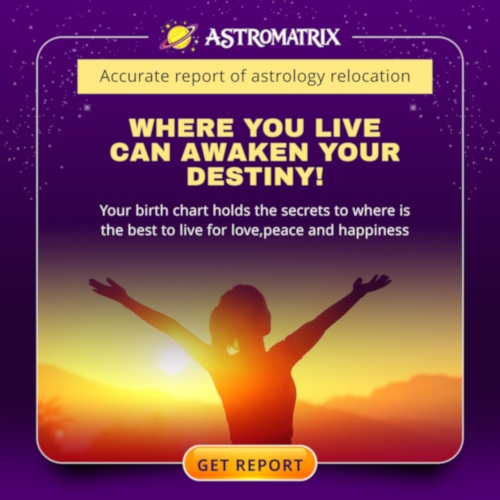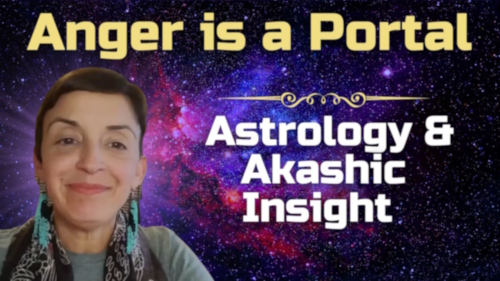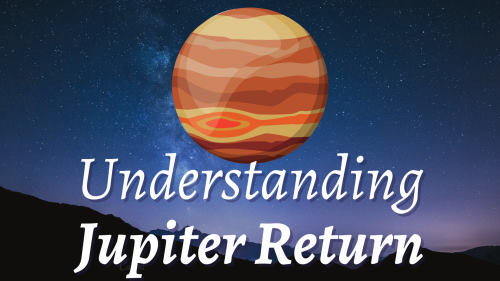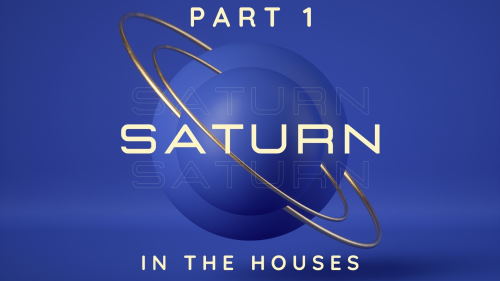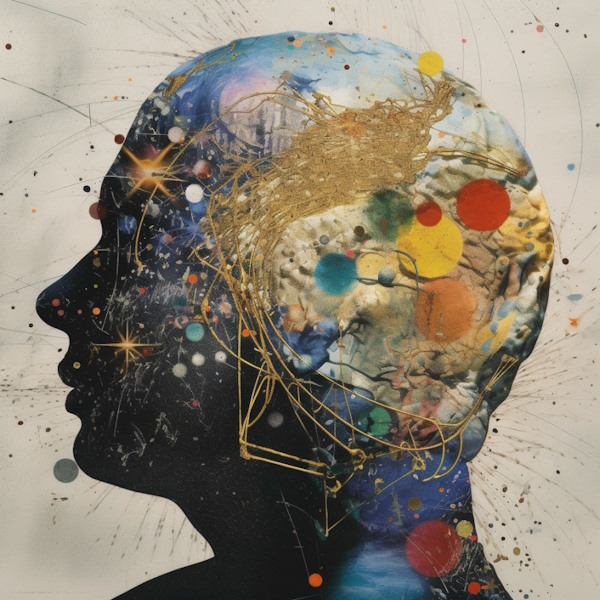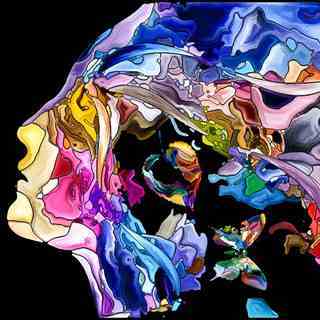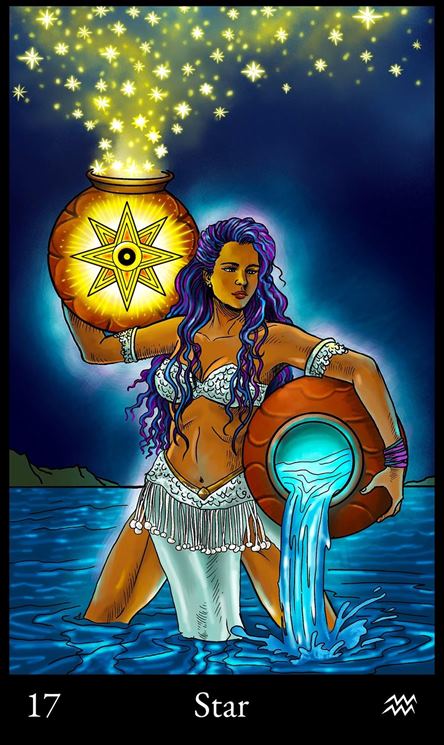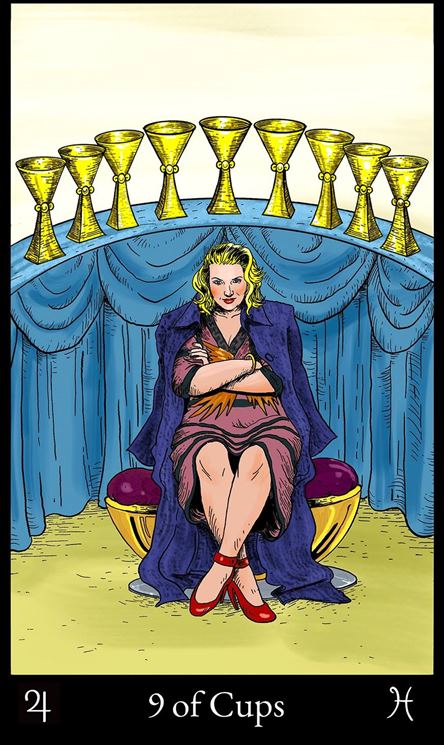Juno Inconjunct Sun ~ Synastry Aspects

"I embrace the opportunity to navigate the dynamic dance between individuality and partnership, finding harmony and growth in the process."
- Finding compromise and growth
- Balancing individuality and partnership
Juno Inconjunct Sun Opportunities
- Balancing individuality and partnership
- Finding compromise and growth
Juno Inconjunct Sun Goals
Juno Aspects
Juno's Sacred Bond in Synastry
Juno, the asteroid connected with marital bonds, fidelity, and commitment, takes on a poignant role in synastry. Representing the ideals and desires surrounding lifelong partnership, when Juno from one chart interacts with planets or points in another's, it suggests a deep, soul-contracted connection. Such interactions often point to the potential for a significant commitment, revealing themes of loyalty, partnership dynamics, and shared marital ideals.
Navigating Commitment's Pathways with Juno
In the dance of synastry, Juno's touch can indicate a relationship that holds the promise or desire for long-term commitment. Its influence speaks to how two individuals might view, approach, and fulfill partnership vows and responsibilities. Yet, Juno also brings forth issues of fidelity, trust, and the tests that long-term relationships often face. Recognizing Juno's whispers in a synastry chart can offer insights into the deeper commitment desires and potential challenges, guiding individuals toward mutual understanding and a shared vision of partnership.
Juno Inconjunct Sun Meaning
When Juno forms a inconjunct aspect with the Sun in synastry, it indicates a dynamic and potentially challenging connection between the two individuals. Juno represents the archetype of marriage and partnership, while the Sun represents the core essence and individuality. This aspect suggests that there might be conflicting desires and different approaches to partnership and personal expression.
The inconjunct aspect between Juno and the Sun can create tension and the need for compromise in the relationship. The individual whose Sun is inconjunctd by Juno might feel that their sense of self is being challenged or restricted by the partnership. They may struggle to balance their own needs and desires with the expectations or demands of their partner.
This aspect also suggests that there could be power struggles or issues of control within the relationship. Both individuals may have strong opinions and beliefs about what a partnership should be, which can lead to clashes and disagreements. It is important for both partners to recognize the need for compromise and to find ways to honor both individuality and partnership.
A question to reflect on with this aspect is: How can we honor both our individuality and our commitment to partnership, finding a balance that allows us to grow and evolve together?
Juno Inconjunct Sun Keywords
For more information on your birth or transit aspects to discover your true potential, check out our captivating, interactive, and completely free love report. Learn how your empathetic nature shapes your interactions and enriches your relationships.
Our intuitive, user-friendly layout guides you through each aspect of your spiritual vision, making it effortless to pinpoint areas where you might need guidance in decision-making. By using your precise birth details, we ensure unmatched accuracy, delving deeper with the inclusion of nodes and select asteroids. Experience insights and revelations far beyond what typical reports and horoscopes offer.








